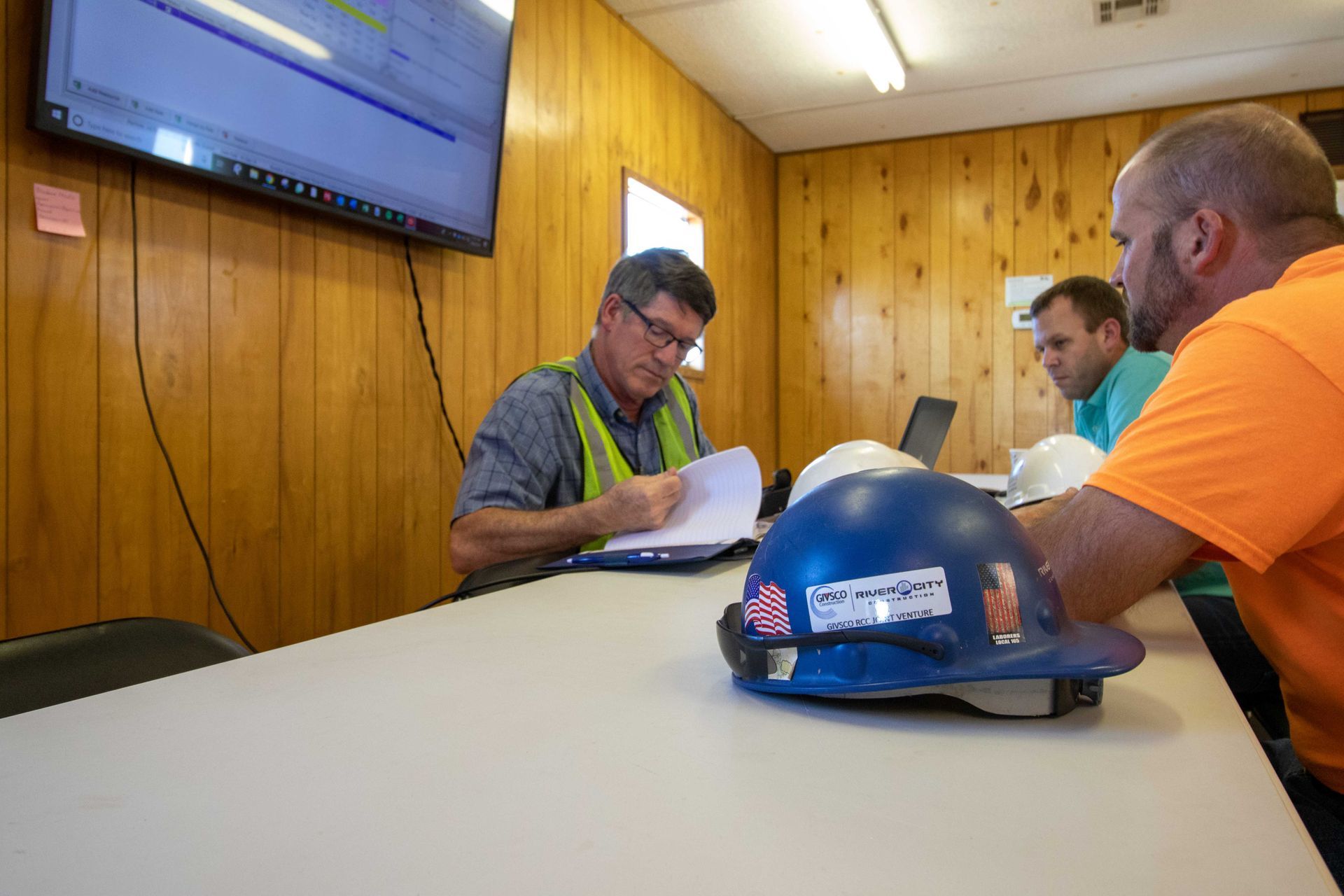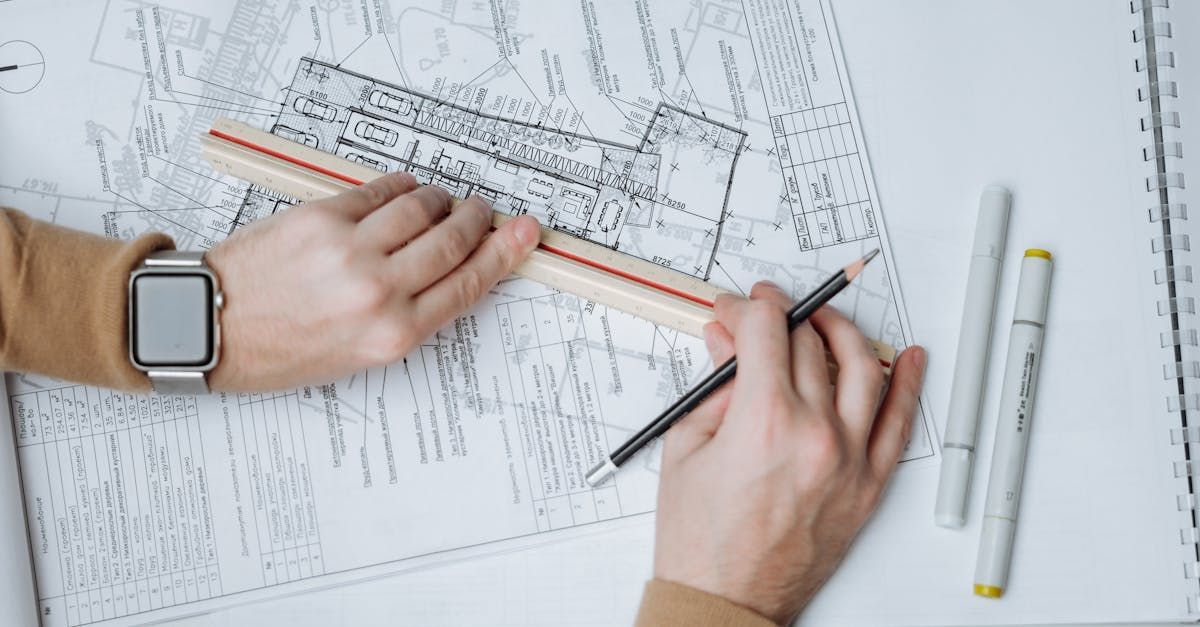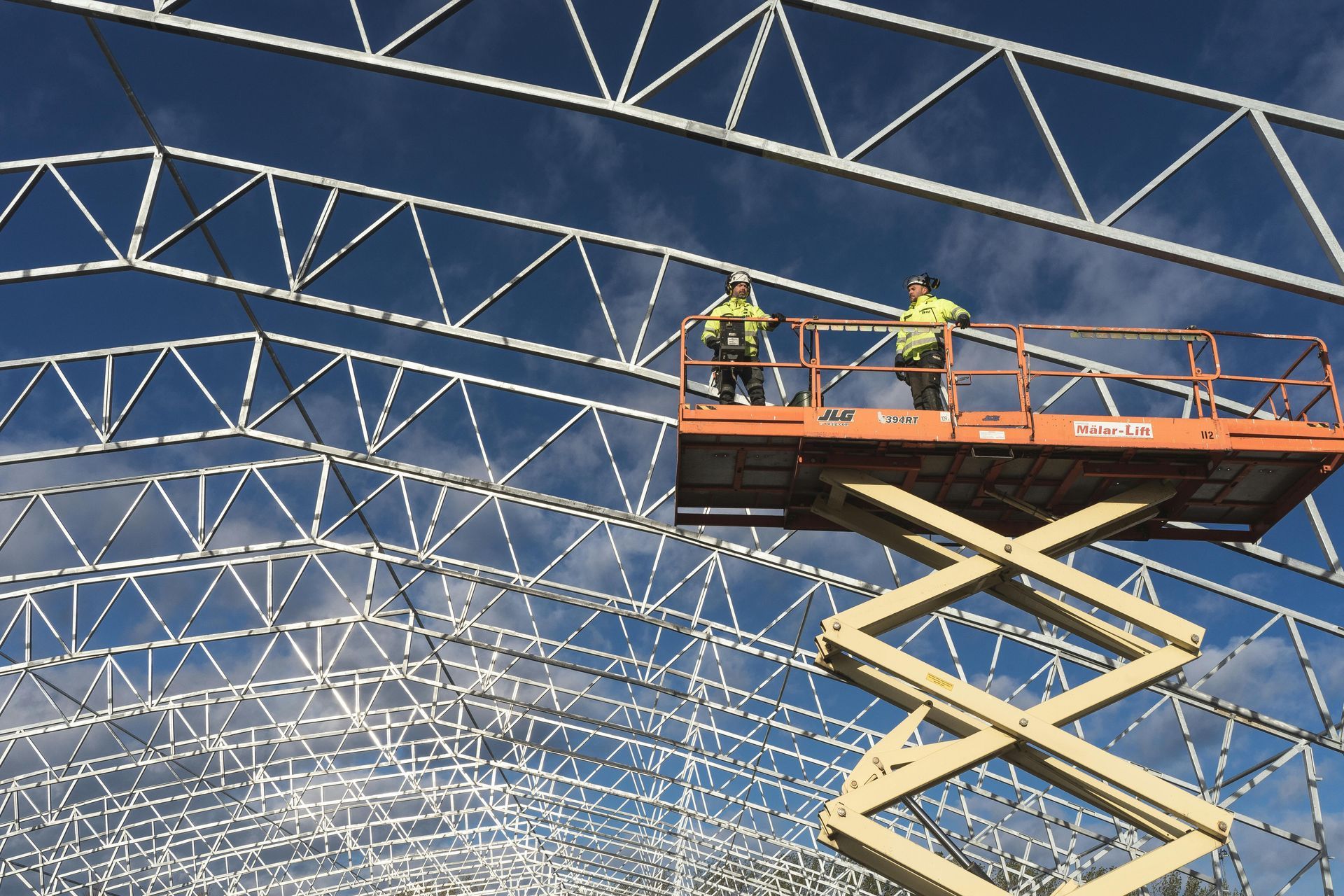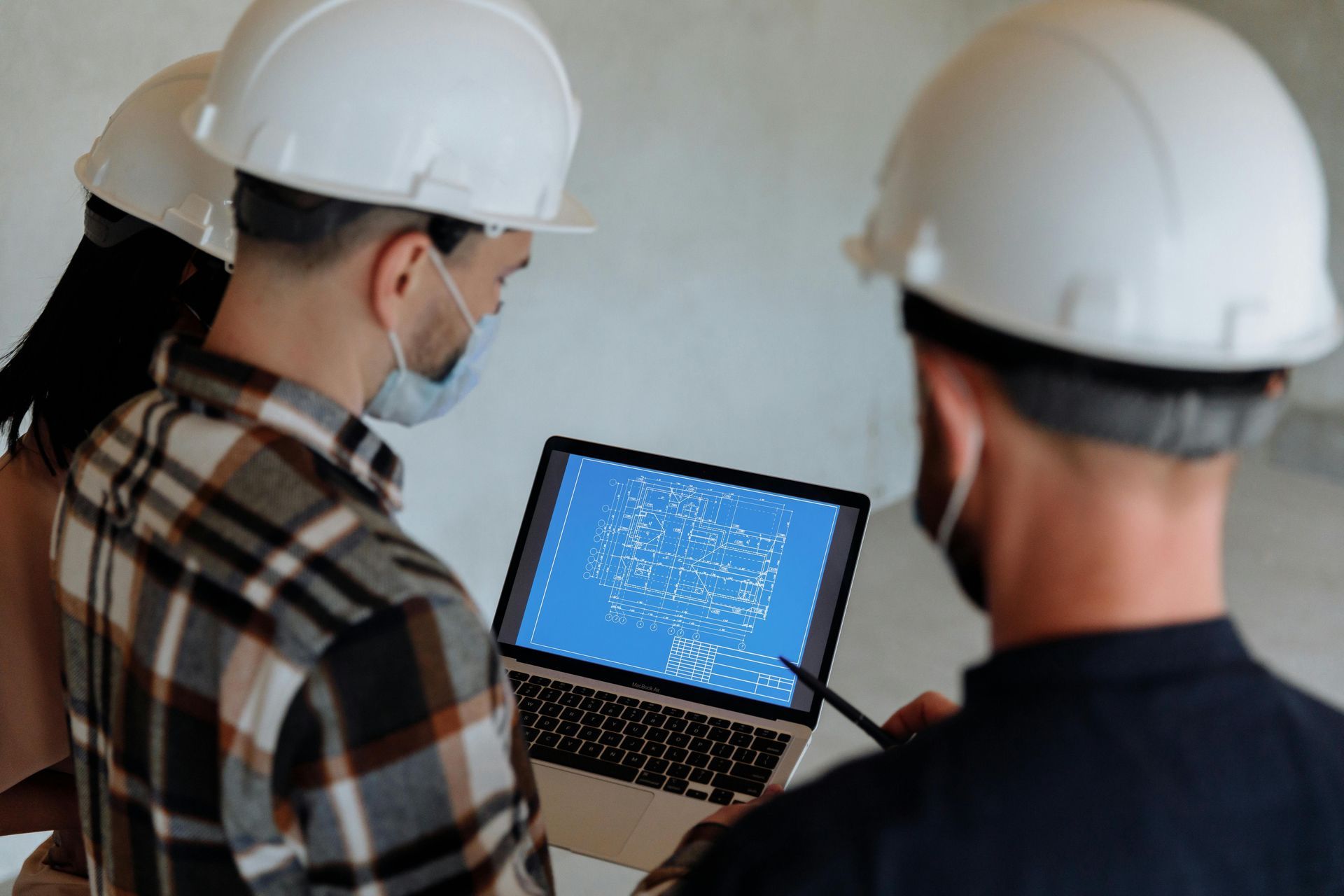The Role of Artificial Intelligence in Construction
Technology has long been making its impact on the construction industry — just look at tools like scheduling software and project management apps. However, the introduction of artificial intelligence (AI) is making construction technology smarter, more efficient, and much more sophisticated. In fact, AI is likely everywhere around you on a jobsite and you may not even realize it.
Generally speaking, the label of artificial intelligence can be applied to technology (machines) that can be trained to learn particular habits, identify patterns, and build a knowledge base from experience. To do this, AI tools draw from large volumes of data as they learn to create algorithms that help optimize workflows. Artificial intelligence is a bigger umbrella phrase for other technology like robotics, automation, and machine learning, all of which are slowly being integrated into the worksites we manage as construction professionals every day.
It seems like AI is inherently something that would be perfectly suited for construction, and that assumption is totally fair. There are several different ways that AI tools are being used in construction projects of all sizes.
Automate Routine Tasks
There are some tasks that we do in our jobs as construction professionals that happen every day, every week, every month, or every year like clockwork. Think: invoicing, payroll, and other back-office admin tasks that your business needs to be complete to run smoothly. These are the tasks that can be automated using artificial intelligence, along with job delegation for employees, contractors, and subcontractors based on their expertise and role in the construction project.
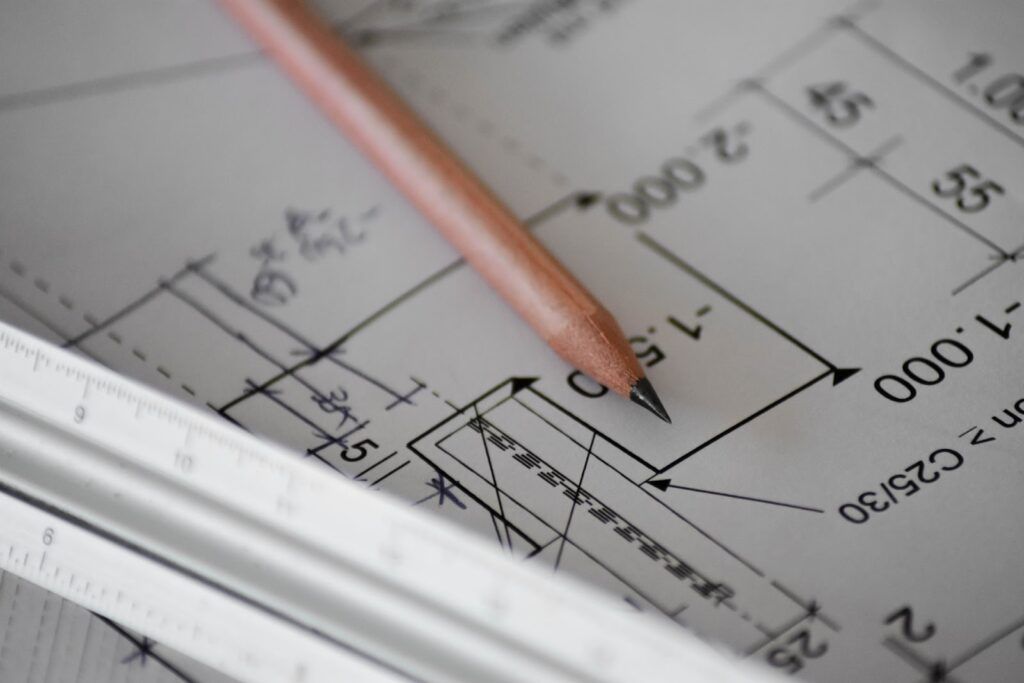
Demystify Design
Using AI during the design phase of a construction project allows stakeholders to fully visualize plans and alter them in real-time to see how these changes will impact the rest of the project. AI and machine learning tools scan countless images of blueprints and can offer up innovative solutions to design challenges before ground is even broken. Data about the building environment can also be analyzed using AI to help produce algorithms that identify the best way to execute building design.
Prioritize Project Management
It doesn’t matter how skilled your construction project manager is, construction projects can run over budget or face work delays. When AI-driven software is used for scheduling project tasks, allocating labor resources, or reserving rental equipment, algorithms can be applied to alert of potential overruns. When teams know that there could be potential issues in the making, project managers can easily step in and get work back on track.
Reduce Risk
By its very nature, construction is an inherently dangerous industry with plenty of risks involved, and the bigger the project and the more subcontractors involved, the greater the risk. AI-based safety support means project managers can accurately identify which job sites and projects are riskier than others and use data to increase safety measures. AI can also be combined with Internet of Things (IoT) devices that compile employee data and create a risk assessment score.
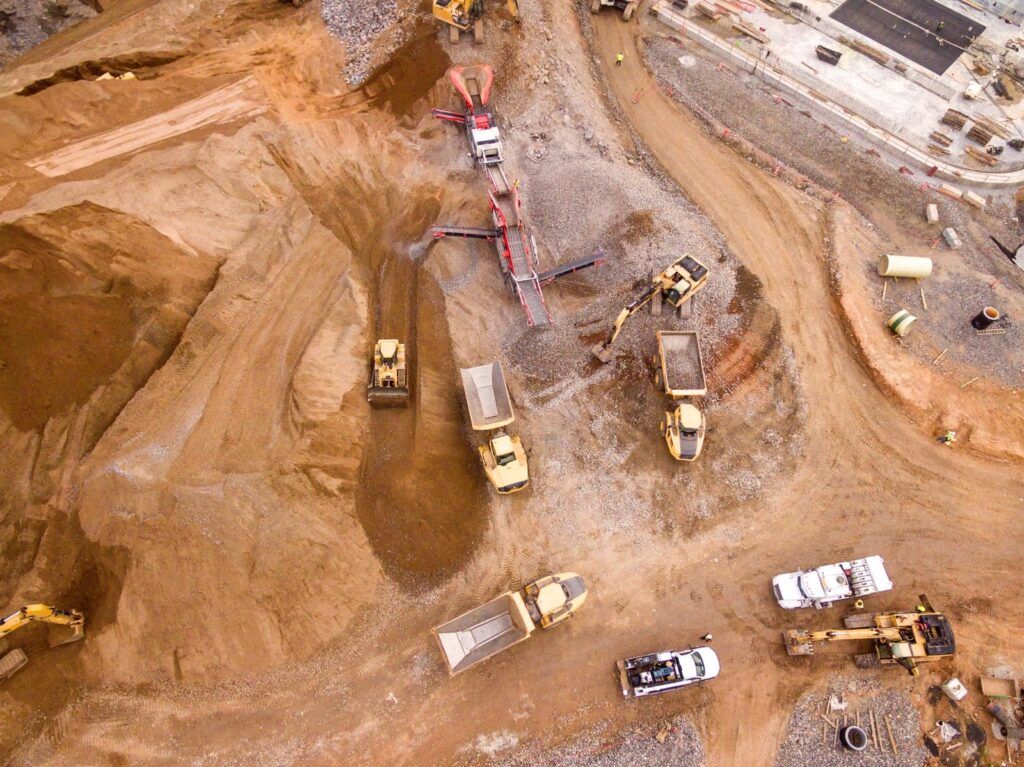
Master Site Monitoring
If there’s anything that the last year taught us, it’s that even the construction industry needs eyes on the ground when human labor comes to a standstill. Whether it’s because of a crisis, extreme weather, or other delays, you need to know what’s happening in real-time with features that alert you to safety risks, material shortages, and employee productivity issues. Data and images that are collected are analyzed by artificial intelligence for full transparency.
Go Offsite, Too
There are other ways that construction professionals can use AI to deliver projects faster and more efficiently, and that’s with off-site fabrication. Several factories create components and materials for projects with automated robotics that use AI to mass-produce from blueprints. This leaves your employees to complete high-value work instead of focusing on repetitive tasks that robots could do instead.
As a construction project manager, you have no shortage of AI tools available at your disposal, but it’s not always easy to know which tools to use and when. In every significant construction project, thousands of tasks must happen in a specific order. If a delay happens in one step, every following step is affected, causing even more delays and increasing costs. We are experts with the top software and our approach leaves nothing to chance —
request a consultation with our team today.
Ready to Experience a Different Kind of Construction Scheduling?
Request an initial consultation on your project.


Navigation
| Thomas D. Wilson Consulting, Inc.
(314) 918-0210 | tom@tdwilson.com |
1750 S Brentwood Blvd, Suite 307, Brentwood, MO 63144
